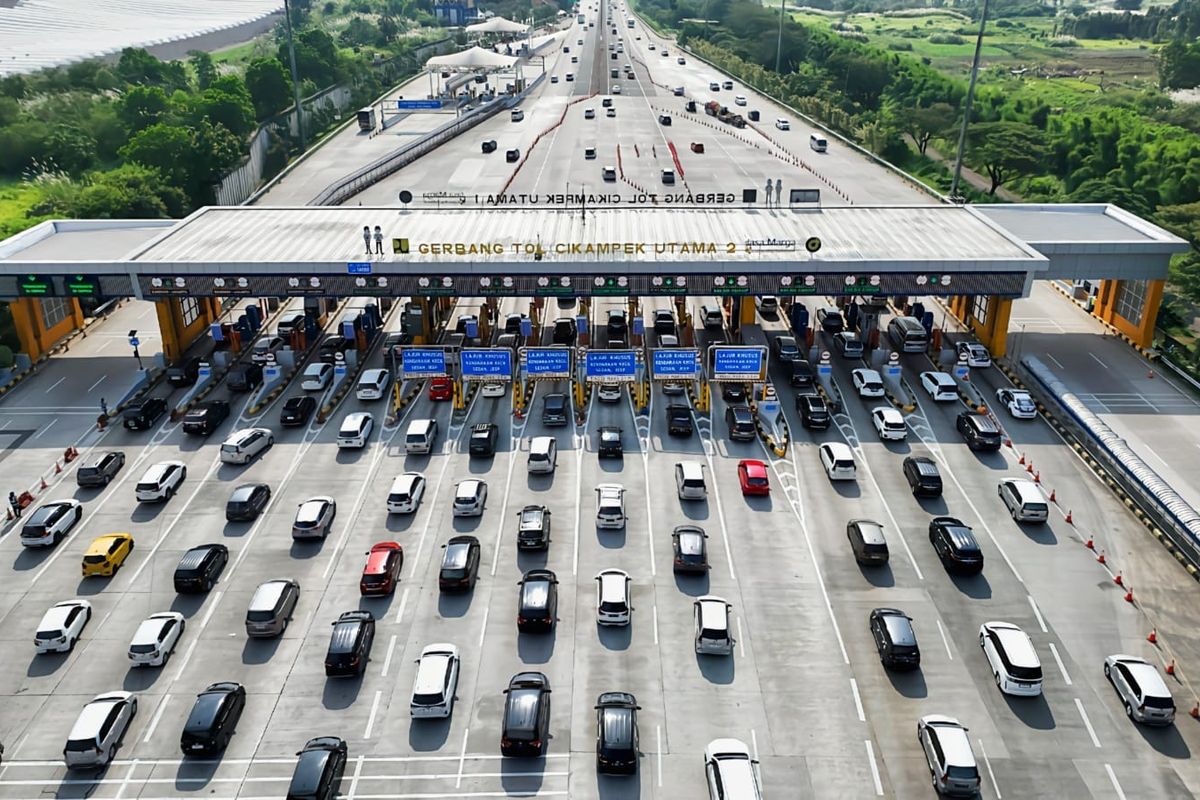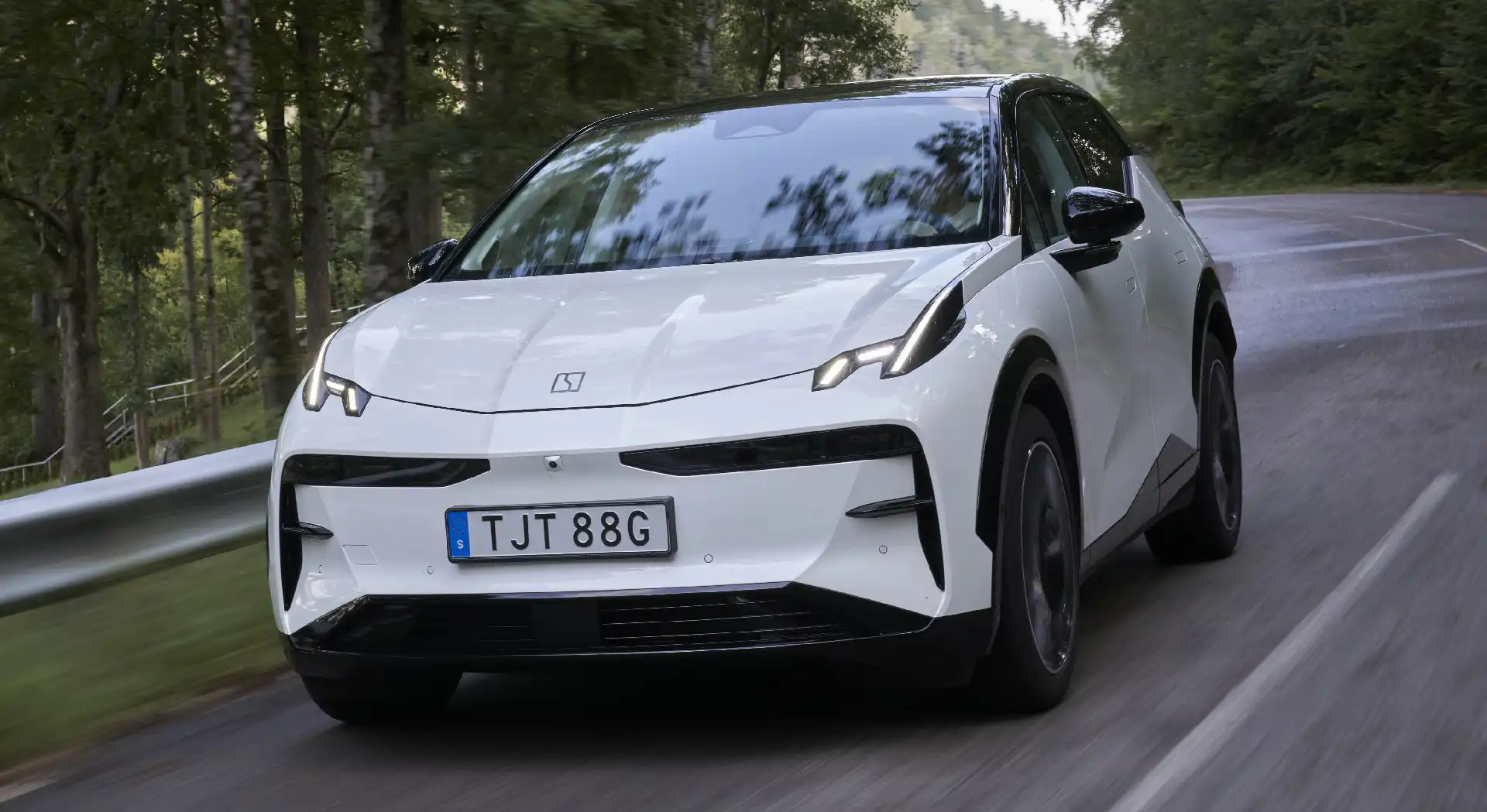

Are you gearing up for a thrilling travel adventure but feeling guilty about the wastefulness of using your car? We’ve all been there – that nagging sense that our beloved four-wheeled companion might not be the most environmentally or financially friendly choice for our trips. Let’s dive into the factors contributing to this dilemma and explore how we can make more sustainable choices without compromising on our wanderlust.
Environmental impact of car travel
When we hit the road for a travel trip, it’s easy to overlook the environmental impact of our car journeys. The emissions from vehicles contribute to air pollution and climate change, affecting not just our surroundings but the planet as a whole. From carbon dioxide to nitrogen oxides, cars release harmful pollutants into the atmosphere with every mile they cover.
The reliance on fossil fuels for powering cars also takes a toll on natural resources and ecosystems. Oil extraction disrupts habitats, leading to biodiversity loss and ecological imbalances. Moreover, the production and disposal of vehicles generate waste that can pollute landfills and waterways. Choosing more sustainable transportation options like trains or buses can help reduce these negative effects on the environment. By opting for public transportation or carpooling, travelers can lessen their carbon footprint and promote greener practices during their journeys.
Cost implications of using a car for travel
Traveling by car can often lead to unexpected costs that go beyond just filling up the gas tank. Maintenance and repairs, toll fees, parking expenses, and insurance premiums can quickly add up, making a dent in your travel budget. Additionally, the depreciation of your vehicle’s value with each mile driven is another cost consideration to keep in mind.
Moreover, long-distance trips may require more frequent refueling stops which can be pricey depending on current fuel prices and distances covered. In some cases, renting a car for a trip might seem like a convenient option but it comes with its own set of costs such as rental fees and insurance coverage. When planning your next travel adventure, take time to calculate all potential expenses associated with using your car. Consider if alternative modes of transportation could be more cost-effective in certain situations to help maximize your travel budget without compromising comfort or convenience.
Alternative modes of transportation (train, bus, bike)
When considering alternative modes of transportation for your travel trips, there are a variety of options that can help reduce waste and contribute to a more sustainable journey. Trains offer a convenient and eco-friendly way to travel between cities, allowing you to relax and enjoy the scenery without the stress of driving. Plus, trains produce fewer emissions compared to cars, making them a greener choice for the environment.
Buses are another cost-effective and efficient option for long-distance travel. With comfortable seating and onboard amenities, buses provide a relaxing way to reach your destination while reducing your carbon footprint. For shorter distances or urban exploration, biking is an excellent choice. Not only does cycling promote physical activity and health benefits, but it also eliminates the need for fuel consumption altogether. Exploring alternative modes of transportation not only helps minimize waste during travel but also opens up new experiences and perspectives along the way. Next time you plan a trip, consider choosing a more sustainable option that aligns with your values.
Tips for reducing waste while using a car for travel
When hitting the road for a travel trip, there are ways to minimize waste while using your car. First, plan your route efficiently to avoid unnecessary detours and reduce fuel consumption. Packing light not only saves space in your vehicle but also decreases the load on your engine, improving gas mileage. Consider carpooling with friends or family members to share the ride and cut down on emissions per person. Maintaining proper tire pressure can enhance fuel efficiency and reduce CO2 emissions. Avoid excessive idling as it burns fuel without moving forward, contributing to pollution.
Opt for eco-friendly driving habits like smooth acceleration and deceleration to conserve fuel. Bring reusable water bottles and snacks instead of single-use plastic items that add up in landfills. Properly dispose of any trash at designated stops along your route to keep our environment clean and beautiful during your travels.
Conclusion and call to action for sustainable travel practices
As we reflect on the impact of our travel choices, it becomes clear that small changes can lead to significant improvements. By considering the environmental consequences and cost implications of using a car for travel, we can make more sustainable decisions.
Choosing alternative modes of transportation such as trains, buses, or bikes not only reduces waste but also promotes a healthier lifestyle. Additionally, implementing simple tips like carpooling, maintaining proper tire pressure, and reducing unnecessary weight in the vehicle can further minimize our carbon footprint during trips.
Let’s take action today to prioritize sustainability in our travel habits. Together, we can make a difference by embracing eco-friendly practices and being mindful of our impact on the environment. Travel responsibly for a greener tomorrow!






